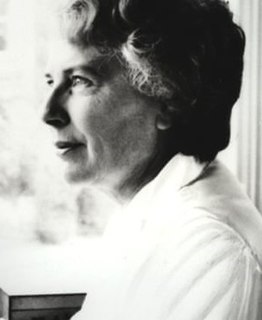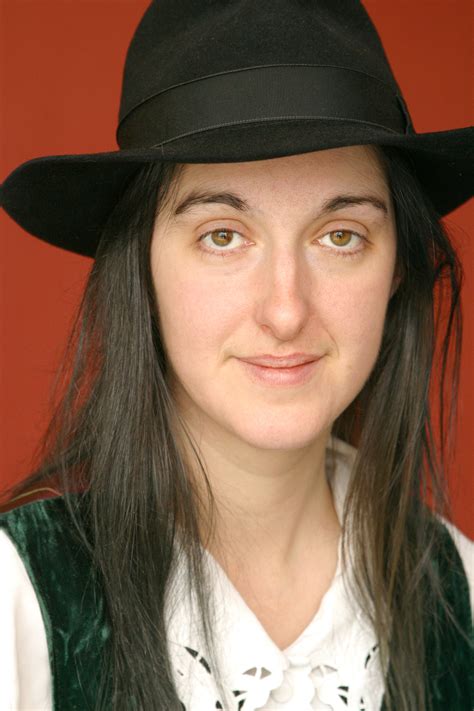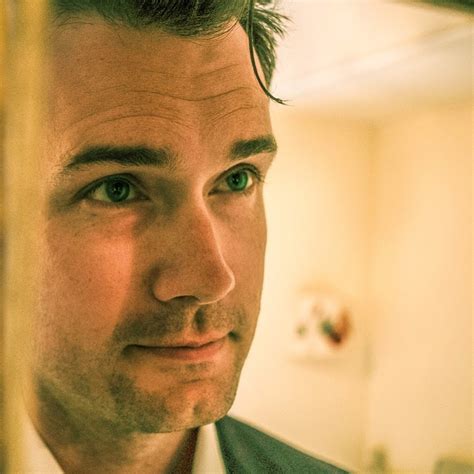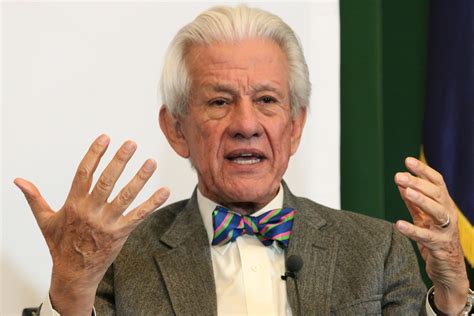A Quote by Mary Stewart
There are such people, unfortunates who have to be angry before they can feel alive. I had sometimes wondered if it were some old relic of pagan superstition, the fear of risking the jealousy and anger of the gods, that made such people afraid of even small happinesses. Or perhaps it was only that tragedy is more self-important than laughter.
Related Quotes
The anger that you see expressed out there in Los Angeles, in my district this evening, is a righteous anger, and it's difficult for me to say to the people, "Don't be angry." When people are angry and enraged, they do do senseless things. They do act even sometimes out of character, and that's why it is the responsibility of America to try and avoid putting people in these kinds of situations.
Sometimes there are more tears than laughter, and sometimes there is more laughter than tears, and sometimes you feel so choked you can neither weep nor laugh. For tears and laughter there will always be so long as there is human life. When our tear wells have run dry and the voice of laughter is silenced, the world will be truly dead.
We're just afraid, period. Our fear is free-floating. We're afraid this isn't the right relationship or we're afraid it is. We're afraid they won't like us or we're afraid they will. We're afraid of failure or we're afraid of success. We're afraid of dying young or we're afraid of growing old. We're more afraid of life than we are of death.
No one in my family or my circle of friends had ever had to confront something like this. Jamie was seventeen, a child on the verge of womanhood, dying and still very much alive at the same time. I was afraid, more afraid than I'd ever been, not only for her, but for me as well. I lived in fear of doing something wrong, of doing something that would offend her. Was it okay to ever get angry in her presence? Was it okay to talk about the future anymore?
Primitive societies, or social groupings, had shamans, and some of them even more recent in time. Shamans were tricksters. There was a tradition of the trickster, and the trickster was a clown, a humorous fellow. His task was to trick the gods, to humor the gods into laughing, so that there was access to the divine - because laughter is a moment when we are completely ourselves.
Sacred scripture is of course the basic authority for everything; yet I sometimes run across ancient sayings or pagan writings - even the poets - so purely and reverently and admirably expressed that I can't help believing the author's hearts were moved by some divine power. And perhaps the spirit of Christ is more widespread than we understand, and the company of the saints includes many not on our calendar.






































